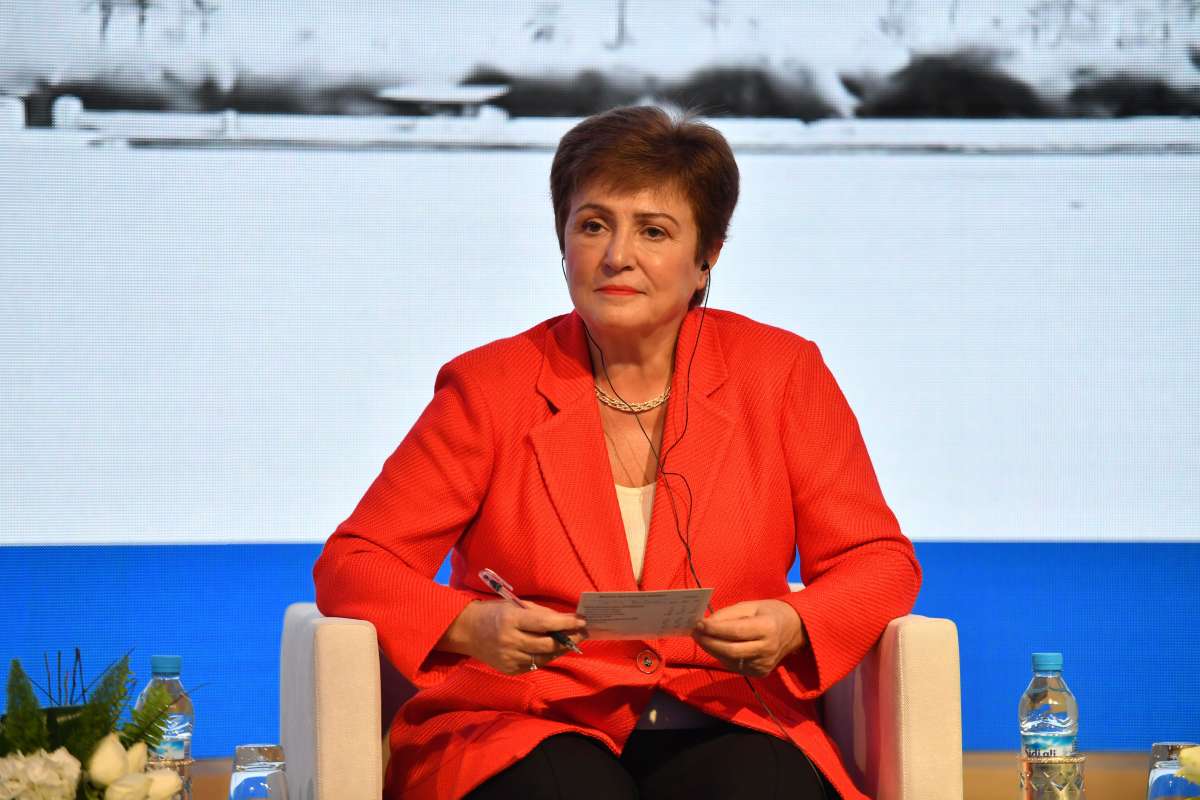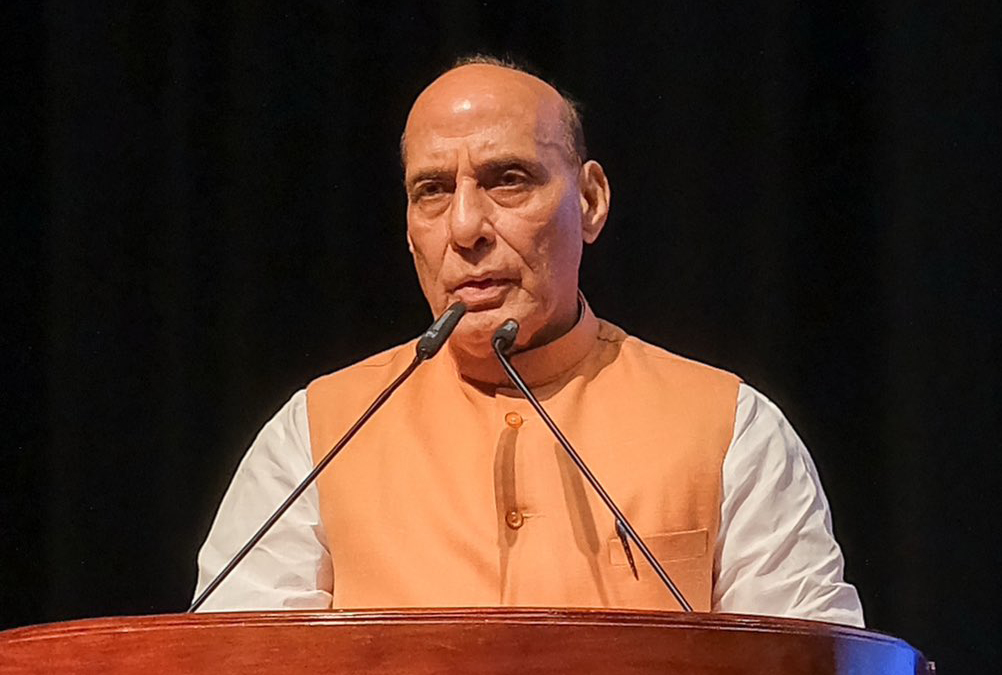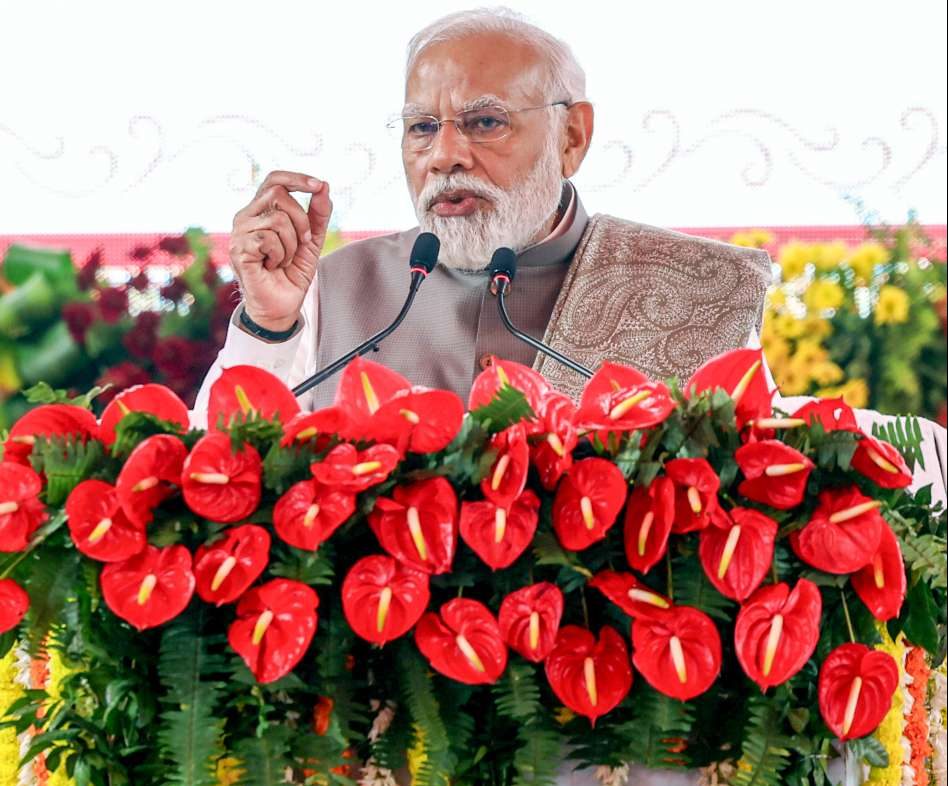The current account deficit is anticipated to improve to 1.8 per cent of GDP in FY2023/24, supported by resilient services exports and lower oil import costs…reports Asian Lite News
The Executive Board of the International Monetary Fund (IMF) came up with a ringing endorsement of India’s growth story after concluding the Article IV consultation with New Delhi, commending the nation’s robust economic growth, resilient financial sector, and notable progress in formalisation and digital infrastructure.
According to the IMF, India’s economy exhibited robust growth over the past year, surpassing pre-pandemic employment levels and showcasing resilience in the informal sector.
The financial sector experienced its strongest performance in years, demonstrating resilience in the face of global financial stress.
Despite a widening current account deficit in FY2022/23, driven by post-pandemic domestic demand recovery and external shocks, India’s services exports and strategic diversification of critical oil imports provided stability.
The IMF projects a continued strong growth trajectory for India, with real Gross Domestic Product (GDP) expected to grow at 6.3 per cent in FY2023/24 and FY2024/25.
The current account deficit is anticipated to improve to 1.8 per cent of GDP in FY2023/24, supported by resilient services exports and lower oil import costs.
The foundational digital public infrastructure and robust government programs are poised to sustain growth, with the potential for even higher growth through comprehensive reforms.
Risks to India’s economic outlook are considered balanced. Global factors such as a sharp growth slowdown or supply disruptions could impact the nation through trade and financial channels.
Domestically, weather shocks pose a potential threat to inflation, while strong consumer demand and private investment could positively influence growth.
The directors highlighted the importance of further liberalization of foreign investment, structural reforms, and climate policy implementation.
The executive directors broadly supported India’s macroeconomic policies and reforms, acknowledging the country’s strong economic performance in the face of global challenges.
They emphasised the need for continued appropriate policies to sustain economic stability and encouraged further progress in key structural reforms to unlock India’s significant potential. (ANI)














